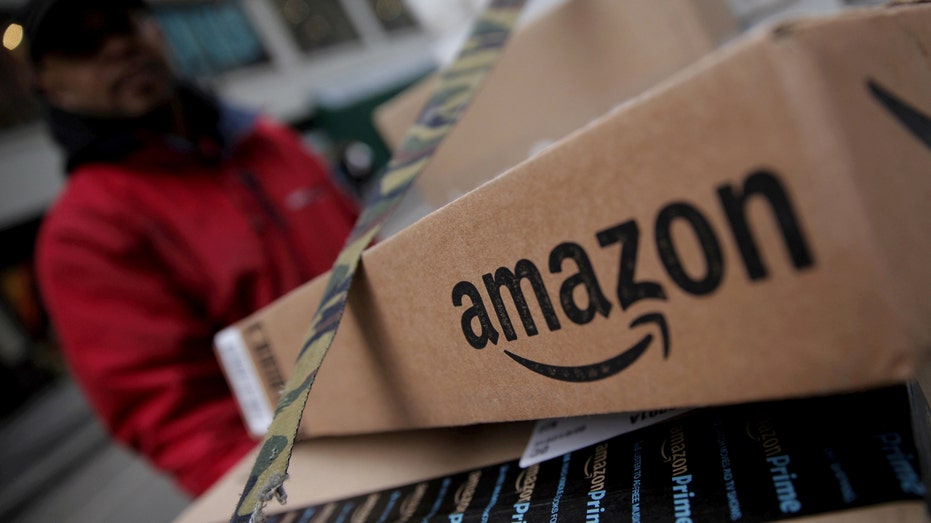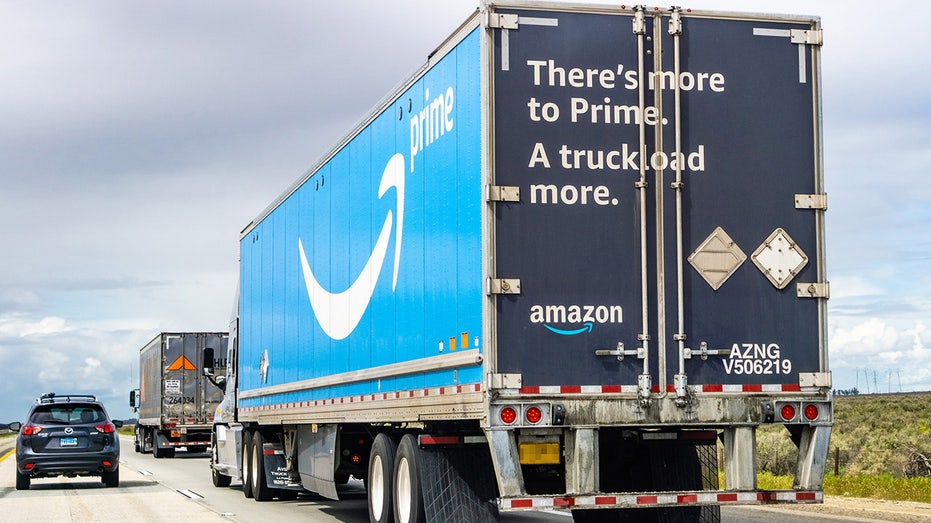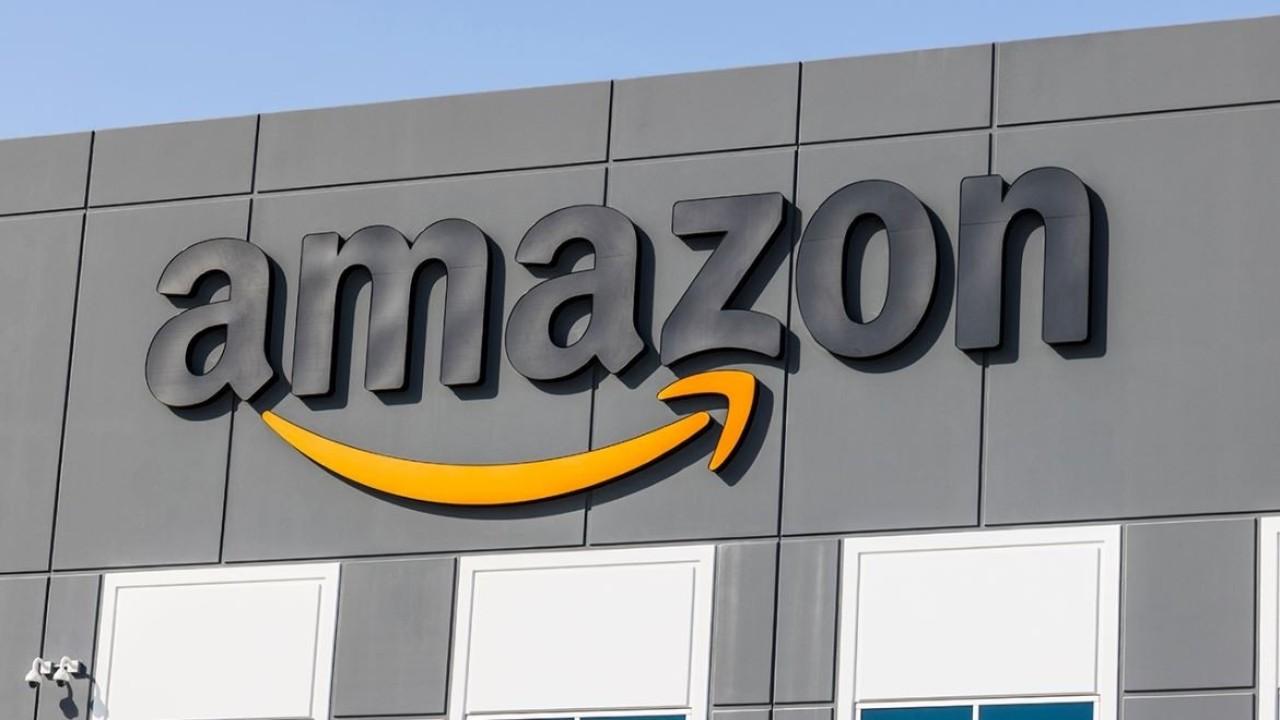Amazon says it doesn't use sellers' data after Wall Street Journal story
WSJ reports Amazon uses data to price its private-label products
Get all the latest news on coronavirus and more delivered daily to your inbox. Sign up here.
Amazon said it doesn’t allow its employees to use nonpublic data related to its third-party sellers in order to determine new products to launch after the Wall Street Journal reported it has been doing it anyway.
The newspaper interviewed more than 20 employees of Amazon’s private label and reviewed documents that showed the company had used third-party sellers’ data to help design and price consumer items even as it publicly denied the practice in Congress and elsewhere, according to the report.
| Ticker | Security | Last | Change | Change % |
|---|---|---|---|---|
| AMZN | AMAZON.COM INC. | 210.32 | -12.37 | -5.55% |
AMAZON SCOOPED DATA FROM ITS OWN SELLERS TO LAUNCH COMPETING PRODUCTS
An Amazon spokesperson told FOX Business it’s against company policy to use the data and the company was launching an internal investigation into the issue.
“Like other retailers, we look at sales and store data to provide our customers with the best possible experience,” the spokesperson said. “However, we strictly prohibit our employees from using non-public, seller-specific data to determine which private label products to launch.”
Amazon employees accessed sales reports on items like a car-trunk organizer and seat cushion before Amazon brands launched their own competing products, the Journal reported.

Amazon boxes stacked for delivery (REUTERS/Mike Segar/File Photo)
CORONAVIRUS PUSHES JEFF BEZOS TO TAKE BACK THE WHEEL AT AMAZON: REPORT
It’s not unusual for grocery stores and pharmacies to put their store-brand equivalents of food or drugs next to name-brand items on their shelves. But Amazon’s private labels include more than 45 brands with 243,000 products, according to the Journal.
“Private label products are a common retail practice, and are good for customers,” an Amazon spokesperson told FOX Business. “Like countless other retailers, we offer private brand products to provide customers with more choices, better products and lower prices.”
Those in-house brands, not including Amazon devices like Echo speakers or Ring doorbells, account for 1 percent of Amazon’s annual sales, according to the report. Meanwhile, third-party sellers made 58 percent of Amazon sales as of 2018, according to a company letter to investors.

An Amazon truck driving on the interstate. (File photo)
GET FOX BUSINESS ON THE GO BY CLICKING HERE
However, the Journal reported former executives said they were frequently told that Amazon brands should account for more than 10 percent of the company’s retail sales by 2022.
Amazon regularly touts the tools it makes available to its third-party sellers. The company said it launched more than 225 last year as part of a $15 billion investment “in third-party seller success.”




















